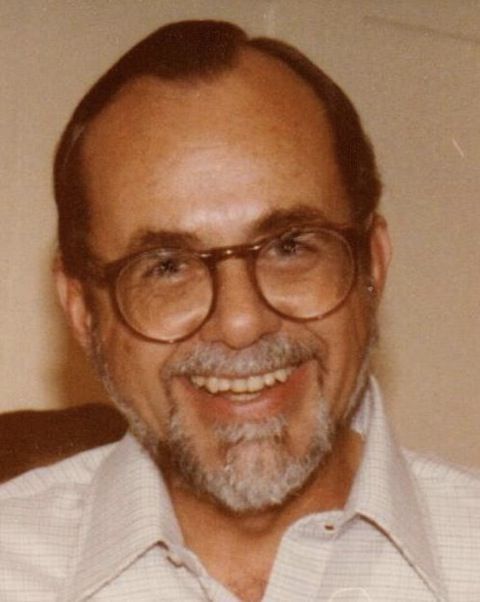Going into the school year of 1961, TUSD music teacher Clyde Appleton had two choices — sign a loyalty oath declaring he was not a communist or work without pay.
What the Wakefield Junior High educator may not have known was that his decision to refuse to sign as part of his quest for equality would land him under the eye of the FBI for years to come.
Despite knowing that his activities were being tracked — at times with the help of a confidential informant, Appleton did not let up on his fight for civil rights, something he was vocal about until died Oct. 1, just shy of his 87th birthday.
Raised as part of a farm family in Missouri, Appleton made his way to Tucson in the 1950s to complete his master’s degree in music education at the University of Arizona before he was hired by the Tucson Unified School District.
It was at Wakefield in 1957 where Appleton would meet Vern Elfbrandt, who had just moved to Tucson from Washington with his wife Barbara, a teacher in the Amphitheater School District.
Having similar political views, the couple befriended Appleton, eventually taking him into their home.
At that point, Appleton had already founded a community group called the Tucson Folksingers, which the Elfbrandts became involved in.
Though the trio had been involved in the fight for civil rights and integration, it wasn’t until 1961 that they would be thrust into the spotlight due to the Arizona Communist Control Act. It required public employees to sign an oath that outlawed the communist party in Arizona, even though no evidence was presented to legislators that a communist party existed.
Before the school year began, Barbara Elfbrandt decided she would refuse to sign the oath, and would fight it in court as well. Appleton did not make his decision until the end of summer.
Neither was a member of the communist party — nor was Vern, who joined them in their refusal to take the oath. They did, however, take issue with wording that prohibited being a part of subordinate organizations like the NAACP and the ACLU, and groups that sought to “overthrow” the government.
“These were organizations that supported causes that I thought were not only worthwhile but necessary for the health of the democracy in our country,” Elfbrandt said. “I thought these oaths were dangerous.
Appleton’s feelings “were much the same as mine,” Elfbrandt said.
Without any income, Appleton recorded an album, sneaking studio time over a week to be able to press 500 records, Elfbrandt said.
The record, “Gotta Live The Life I Sing About,” sold like hotcakes.
“We should’ve pressed more. Clyde lived on the money he got from the record for that year,” she said.
By the spring of 1962, Appleton had begun looking for a paying job and would land in the fall at Shaw University, a black college in North Carolina.
Before he left, however, in addition to teaching for free, Appleton compiled a list of more than 2,000 people across the country who had refused to sign loyalty oaths or were active in civil rights.
“Out of that, about 700 people sent us money every year,” Elfbrandt said. “The case went on for five years and we were able to use 3 Clyde’s list to raise enough money to survive. The list was like gold.”
Gone from Arizona, Appleton sent money and rallied support for the Elfbrandts, who continued to teach in Tucson without pay.
He taught music at several colleges but was repeatedly denied tenure after FBI agents sought out his superiors to gather information about his activities, which included picketing in front of a segregated movie theater.
He was jailed with a group of students who were released the next day.
“The police were delighted to let them go because they sang all night long and nobody got any sleep,” Barbara Elfbrandt said.
FBI files housed at the Arizona Historical Society in Tucson document how the government agency tracked fundraising activities that supported the teachers, who attended organizational meetings and Appleton’s whereabouts.
“He was resentful of it,” Elfbrandt said of Appleton’s reaction to being under FBI surveillance. “He thought it was very wrong but he never changed what he did or his beliefs or going to meetings that would be considered controversial just because the FBI was following him around.
“If he was supporting a good cause, he wasn’t going to let the FBI intimidate him.”
Barbara Elfbrandt eventually won her case and received back pay, though the process was slow. Her husband and Appleton, who hadn’t joined the case, had to go through litigation to get the money they were owed.
Appleton retired from the University of North Carolina at Charlotte after successfully protesting against yet another denial of being granted tenure.
He had helped the school’s music department gain accreditation after it was withdrawn and was joined in that protest by his students and colleagues.





